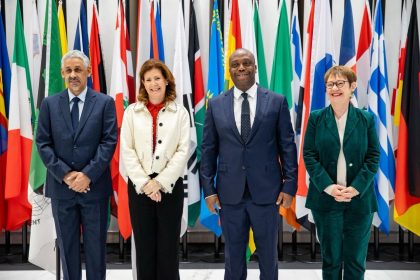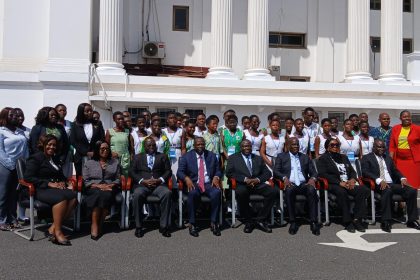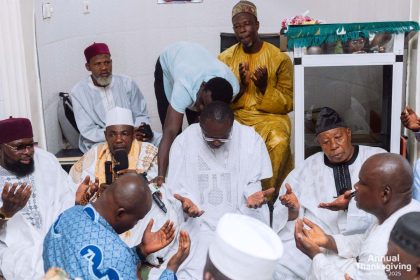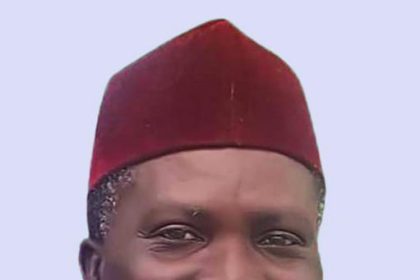Dr Stephen Yamoah, Executive Director of the Nuclear Power Ghana (NPG), has dismissed proposals for a floating nuclear reactor, stating that such technology is not feasible for the country.
“Ghana without a nuclear plant is better than Ghana with a floating reactor.” Dr Yamoah, at the closing of a two-day workshop for journalists in Accra, noted that neither the technical institutions nor any vendor responding to requests for information had proposed floating reactor technology.
Globally, Russia is the only country currently operating a floating nuclear power plant in Pevek, a remote mining site on the north coast of Siberia, featuring two thermal neutron spectrum pressurised water reactors.
Dr, Robert Sogbaji, the Deputy Director of Nuclear and Alternative Energy at the Ministry of Energy and Green Transition, on the sidelines of the World Atomic Week in Moscow, last month, said Ghana was exploring floating nuclear power technology.
He noted that the deployment of the Russian technology was a temporary solution to meet the country’s growing energy demand, while preparing to construct its first nuclear power plant by 2030.
Speaking on the matter, the Executive Director of NPG said, “This whole proposal is not a project. It’s somebody looking for a market to sell electricity at a cost that nobody knows. We believe that this concept of floating NPP is not in the interest of the country in terms of electricity.”
“Through the two phases of comprehensive technology assessment involving the Nuclear Power Institute (NPI) Ghana, Ghana Atomic Energy Commission (GAEC), and other stakeholders, floating reactors have never been recommended as suitable for Ghana’s needs,” he emphasised.
He cautioned against any attempt that would derail the progress made by authorities and the reputation gained, leading to investors expressing interest in Ghana’s nuclear power project and rallied for support for ongoing efforts.
“As a country, we have to be careful; we have remained focused as NPG working with our partners, our collaborators from Nuclear Power Institute Ghana, Ghana Atomic Energy, and all the other institutions that have been supporting us,” he stated.
Dr Yamoah explained that should the country fail to have a focus and purpose, it would dilute the original goal of having a nuclear power plant, making the international community eventually consider Ghana as not serious.
He noted that the country’s nuclear agenda had been strategically designed to serve as a foundation for industrial transformation, job creation, supply chain development, and technology export and not merely as a quick fix for electricity challenges.
The NPG Executive Director assured stakeholders that significant progress had been made on critical aspects of the nuclear programme, including the selection of the main and backup site for the construction as well as financing arrangements.
“We keep talking about financing – that is the major thing. The site issue is not a big deal. We have the site. We need to go there and do the site characterisation. We are engaging, in terms of how to raise the money to do the financing. We are making a lot of progress on that front,” he stated.
Ghana’s nuclear power journey began in the 1960s under President Kwame Nkrumah but was halted after his overthrow and later revived in the 2000s due to energy shortages and climate concerns.
The Ghana Nuclear Power Programme Organisation (GNPPO) was established in 2012, and in the Phase Two of its nuclear power Programme, it is focusing on infrastructure development and vendor selection.
Ghana needs to significantly increase its power generation to match its industrial aspirations. It sees nuclear power as a veritable source of energy.
GNA






